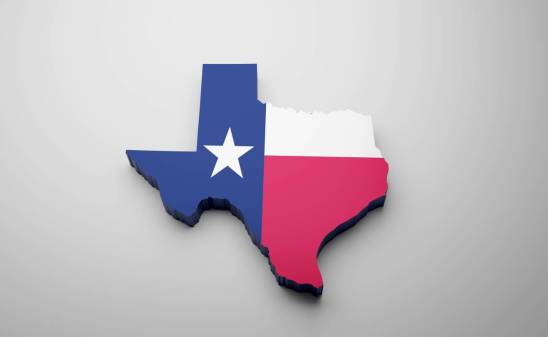Ginsburg was right: Texas’ voter ID law deters people from voting
Texas’ new voter ID law, considered to be among the strictest in the country, is doing just what Supreme Court Justice Ruth Bader Ginsburg warned it would do: preventing Texans from voting.
In a string of anecdotes reported by the Huffington Post, Texas residents describe a variety of reasons why they are no longer able to cast their votes, as a result of new, more stringent requirements to prove their identity under Texas’ tough voter ID law, signed by Gov. Rick Perry in 2011.
The new requirements have led officials to turn away:
- a disabled woman in Travis County, Texas, because she couldn’t afford to pay her parking tickets.
- a dishwasher from a Mercedes, Texas, restaurant who said he couldn’t afford the cost of getting a new birth certificate needed to obtain the special photo ID card required for voting.
- a student at a historically black college in Marshall, Texas, who was able to help register some of her fellow students to vote but won’t be able to vote herself because her driver’s license isn’t from Texas and the state now refuses to accept her student identification card.
Under the law voters must have up-to-date passports, military ID cards, a Texas driver’s license, licenses to carry concealed handguns, citizenship certificates or an election identification certificate.
A 45-year-old Austin resident, Eric Kennie, explained to The Guardian how hard it has been to obtain identification despite multiple trips to the Texas Department of Public Safety to obtain an election identification certificate (EIC).
His personal ID card wasn’t accepted because it had expired. His cable and electricity bills didn’t qualify. And the $23 required to get a copy of his birth certificate was more than he could afford on the $15 to $20 a day Kinnie says he earns from recycling.
An estimated 600,000 Texans are registered to vote but will not be able to do this cycle for lack of approved IDs. The law was put in place to combat what Gov. Rick Perry described as electoral fraud in Texas. According to the Guardian report, 20 million votes have been cast over the past decade with only two cases of voter impersonation prosecuted to conviction.






